We recently connected with Lisa Toth and have shared our conversation below.
Lisa, appreciate you joining us today. One of the most important things small businesses can do, in our view, is to serve underserved communities that are ignored by giant corporations who often are just creating mass-market, one-size-fits-all solutions. Talk to us about how you serve an underserved community.
My book, “The Hidden Workforce,” and the company I run, Rise Staffing, both serve one of the fastest-growing, most marginalized, and underserved demographics in the world: people who live with disabilities. My book dives into the world of the hidden workforce of people who live with disabilities and how they are overlooked, under-represented, mistreated, and written off because of their intellectual/developmental disability.
One of the stories I discuss in my book that illustrates this is the Hissom Memorial Center in Oklahoma. In 1964, Hissom opened their doors for people who lived with physical, intellectual, and developmental disabilities throughout the state. Many people during that time believed people with disabilities should be hidden in institutions and shouldn’t intermingle with society, so this was one of many institutions created to provide services but also isolate the disability community from the outside world. Hissom Memorial Center offered 24 buildings across 85 acres and was able to accommodate up to 1,200 patients offering amenities such as a pool, gym, educational field trips, and more. From the outside looking in, it looked like paradise for a person who lived with a disability… but the horrors and atrocities that took place on the inside were those very people who were being served, worst nightmare. Abuse and neglect we’re rampant among patients. Many were covered in filth, fighting diseases/infections, and suffering from severe physical and emotional traumas. When law suits started pouring in, with how bad allegations and convictions grew to be, a judge ruled Hissom had to shut down. However, after an appeal process their doors stayed open another 9 years before closing permanently in 1994. This goes to show that even a multi-purpose facility created with the best intentions not only underserved the very demographic they were tasked with helping, they misused and abused them as well.
Although we don’t have institutions like this in the present, and best practices as well as services have grown and evolved over the last several decades, ableist attitudes still exist. Over the last 30 years I’ve worked with these groups of people, I’ve helped many get amazing, long-lasting jobs that they love through my company, Rise Staffing. However, more times than not, it is a struggle to get jobs and inclusive opportunities for the hundreds to thousands more who have come to me for help over the years. For every one person my team and I could get a job there were ten more waiting in the wings struggling to find their opportunity. This is because multiple employers that are looking for workers don’t know how to create an inclusive space for people living with disabilities to work at their companies, so instead of filling these positions with these workers who are ready and willing to learn, they remain vacant.
All of these points, stories, and issues are the “secrets” I’m referring to in the hidden workforce. That is what my book “The Secrets of the Hidden Workforce” brings to light, and how my company, Rise Staffing, serves this demographic offering a pathway to a solution. My book addresses the problems (along with good and positive stories, success stories, and guides on how others can create inclusive opportunities) while I also created an active solution through Rise Staffing. I’m hoping my book will inspire others to be active agents for inclusion as well.

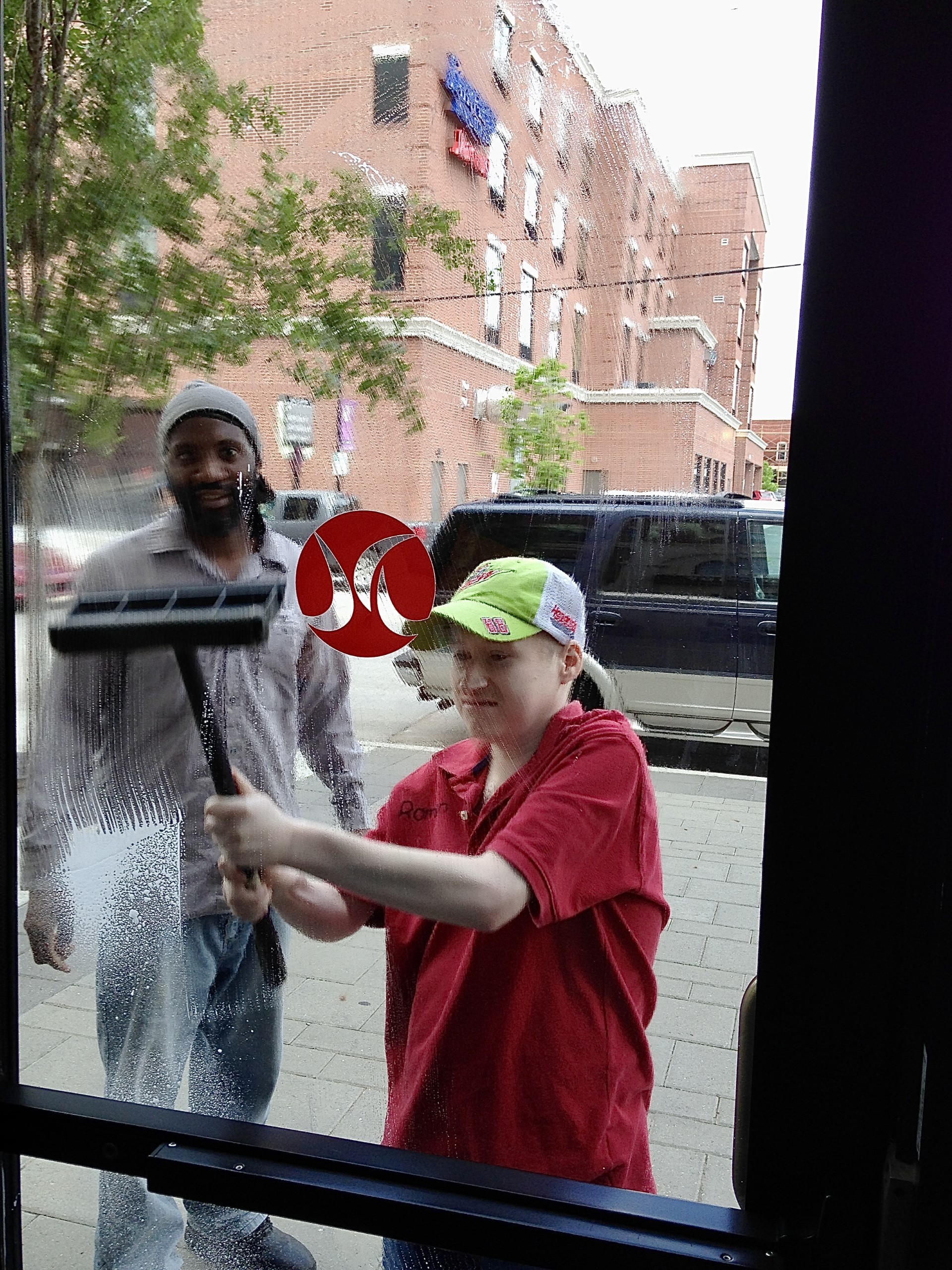
Great, appreciate you sharing that with us. Before we ask you to share more of your insights, can you take a moment to introduce yourself and how you got to where you are today to our readers.
I’m originally from New Jersey, where I discovered my passion for working in the field of serving people who live with developmental disabilities. I worked there and in Pennsylvania as a Direct Support Professional for several different places—each reaffirming my love for working in this field— then I moved to New Mexico where I began the life-changing journey of helping people with different abilities get jobs. Eventually my work and life led me to Oklahoma where I became the State Director for ResCare and where I started my specialized staffing firm to further my passion and art in finding jobs for people who live with intellectual and developmental disabilities. However, the most important to mention of all these phases in my journey is how I came to be so passionate about working in the field I work in today which all led me to writing my book and starting my company.
In my early childhood, I met my very first person and friend who lived with a different ability, my neighbor Johnny. Johnny lived with Down Syndrome and was nonverbal, but he had ways of communicating that I eventually grew to learn and understand. In a way, we developed our own language and would communicate with each other from down the street, across the fence which was our bridge to connect. We would dance, laugh, and play together both when the fence separated us and when Johnny’s mom would invite me over to enjoy chocolate chip cookies with them. When I initially met Johnny, my parents forbade me to spend time with him claiming it was because he looked and spoke differently than other kids. I somehow reasoned as a child that this was not a good enough reason to not spend time with Johnny, and their reactions only incited my curiosity to learn more about him. Johnny and I became good friends and we would spend as much time as we could together until I moved away. Although I never saw Johnny again, he had a deep and profound impact that I knew would stick with me for the rest of my life. That early experience kindled my desire to understand and help developmentally disabled people and only continued to develop and grow as I grew.
My brand is inclusion, inclusive opportunities, and jobs for people who live with different abilities. It’s not only a brand or a service to me though— it’s my life’s art and passion. My greatest joy. To serve others, serving my clients and friends with different abilities is my life.
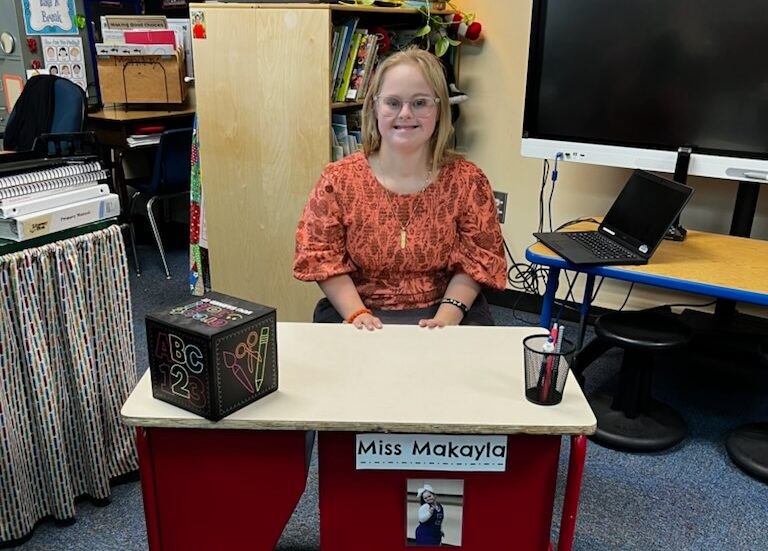
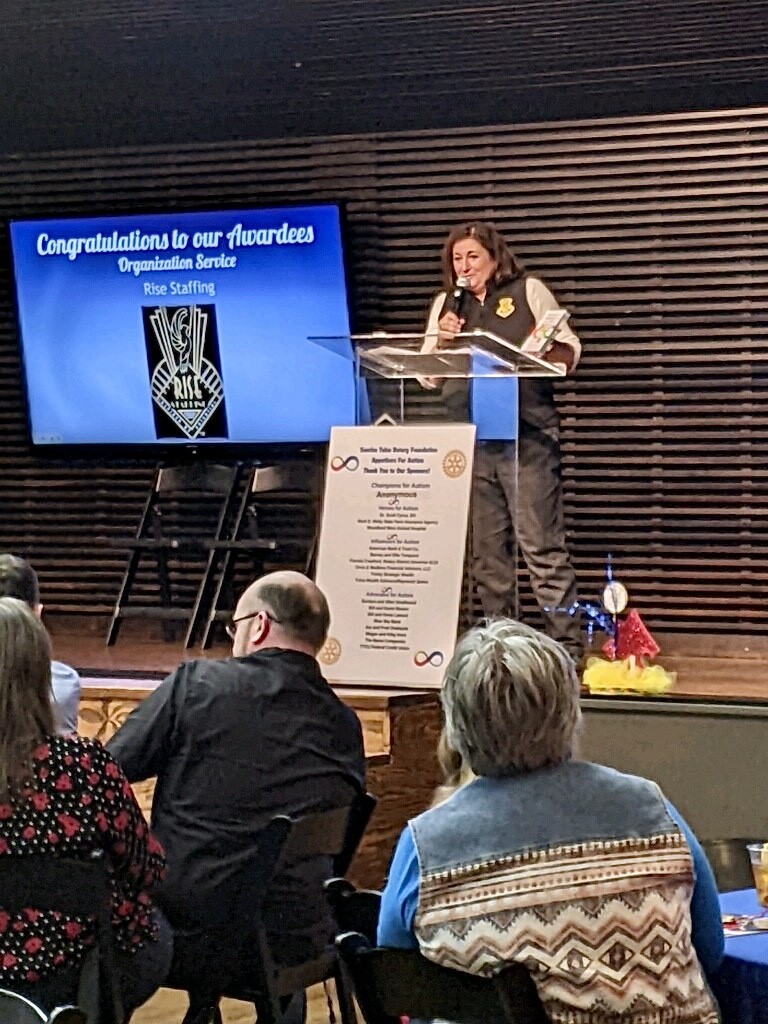
Any stories or insights that might help us understand how you’ve built such a strong reputation?
I worked hard and did great work at each place I was employed at and used what I learned from each experience to build a burgeoning portfolio of credentials, specialties, and specialized skills. As this portfolio grew, so did my position within each respective company I worked for. From starting as a Direct Support Professional, to becoming the State Director of a massive comprehensive home and community-based health service provider agency, to being the founder and CEO of my boutique, person-centered staffing firm Rise Staffing— I grew deep networks, connections, and was mentored by the best in the industry along the way. As I progressed from one place to the next— to eventually starting my own successful residential and home health agencies and then staffing agency— our clientele grew as our reputation grew. As my clients experienced success in each field of focus for people who live with different abilities, that is when my reputation started to precede itself.
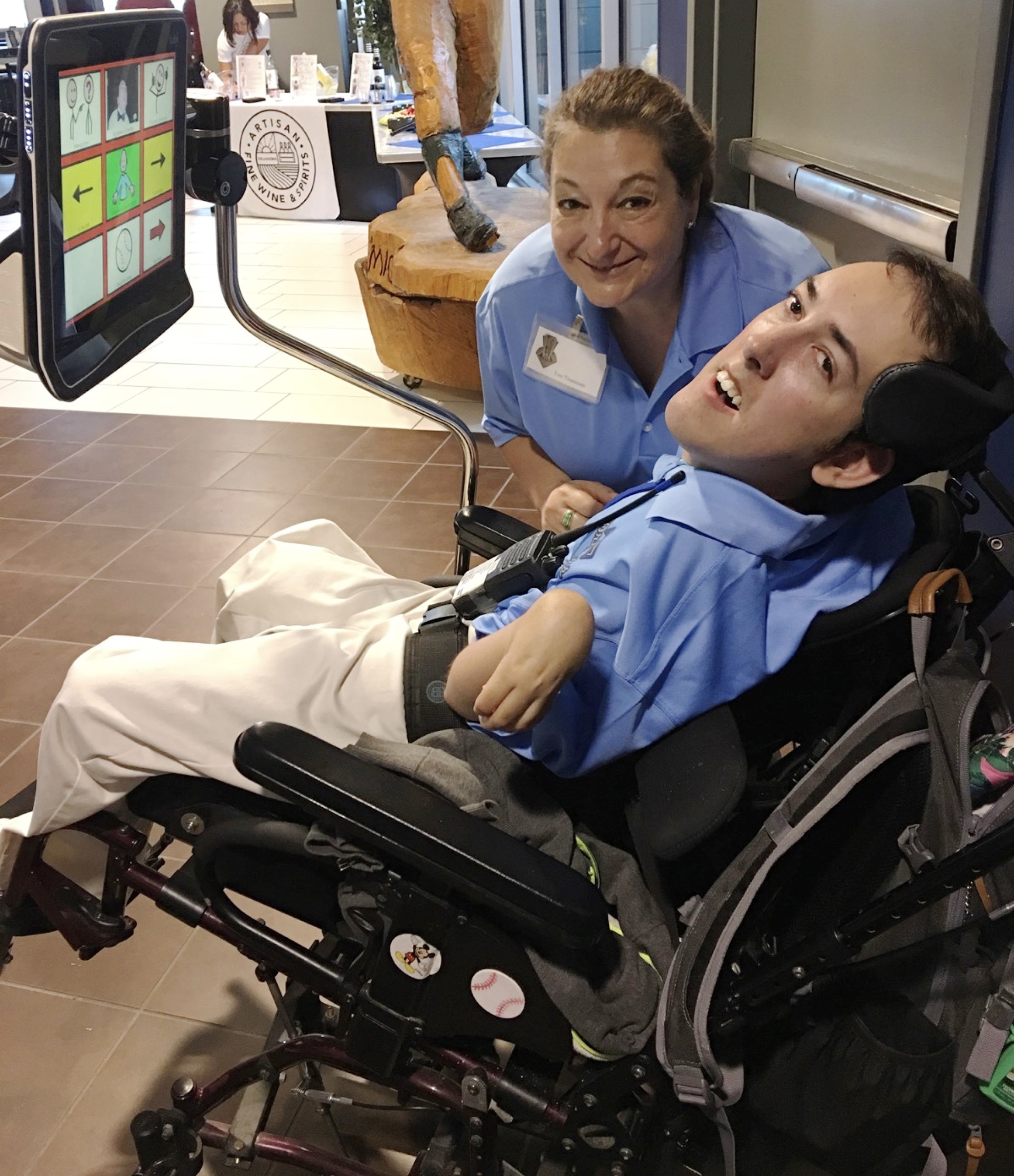
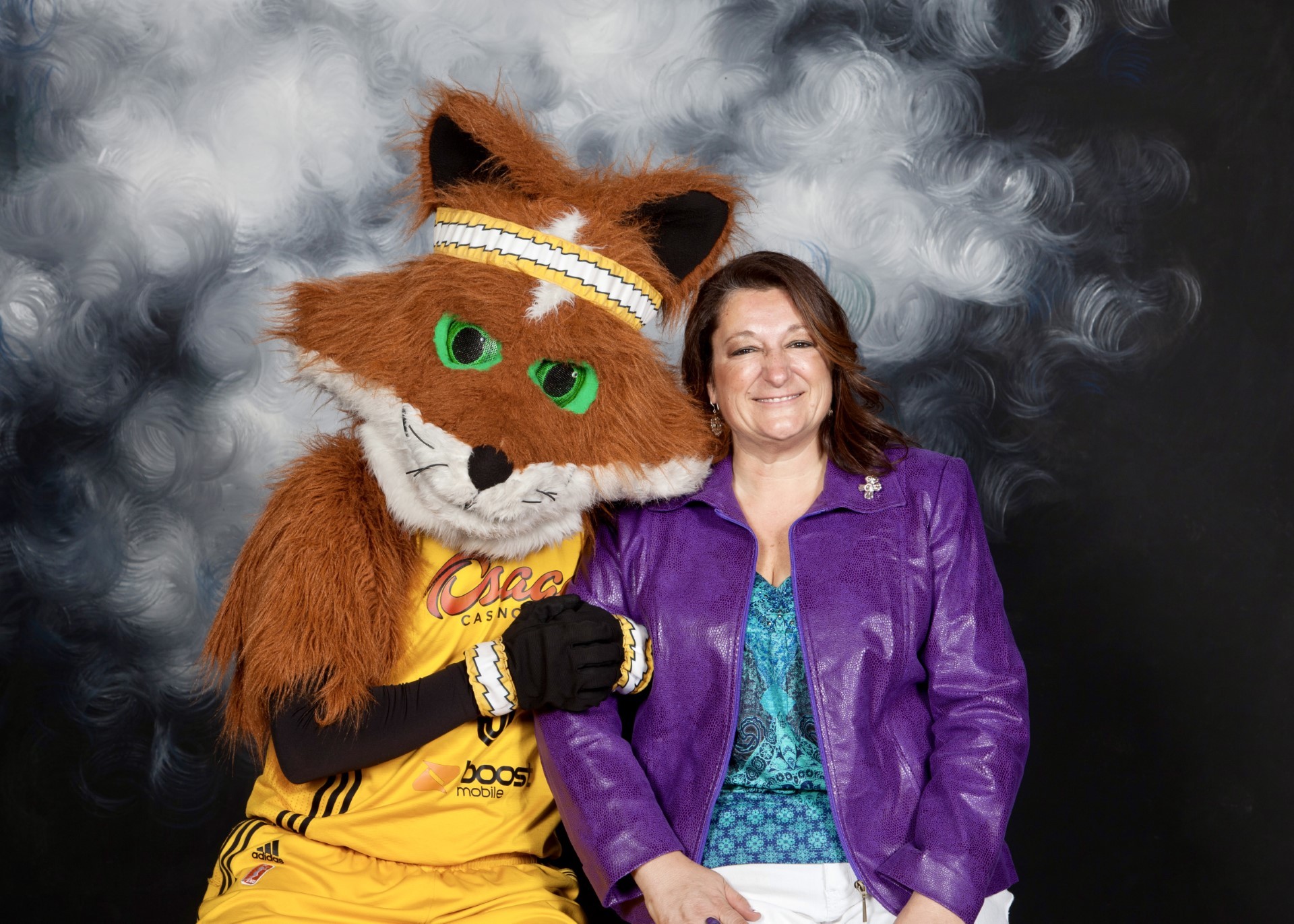
Have you ever had to pivot?
I address part of this in chapter six of my book. When my business, at that time called Phoenix Residential, had grown to taking up a full floor of our building and serving over 120 clients, I knew we were in the peak season. During this time, I was also managing a home health agency called Ellen Bee Home Care. Although both were thriving businesses, between each they operated 24/7. This meant I also operated with minimal rest most days. Don’t get me wrong, I had a massive staff and a great management team, but I was doing a lot by myself and was the captain of the ship so to speak. That all naturally led to me being completely exhausted and burnt out. As I’ve mentioned and reiterated in my book— I love this work, it’s my life’s passion— but I knew the moment I wasn’t enjoying what I was doing during this particular season, it was time for a change. I started discussing new and innovative directions my residential agency could go while simultaneously transitioning Ellen Bee over to a competitor. After meeting with my accountant, I also knew we had to transition out of residential services and redirect our focus to providing the service that inspired me most, vocational services. From this, we rebranded our name from Phoenix Residential, and just as the name implies, from the ashes of that we rose to become Rise Staffing.
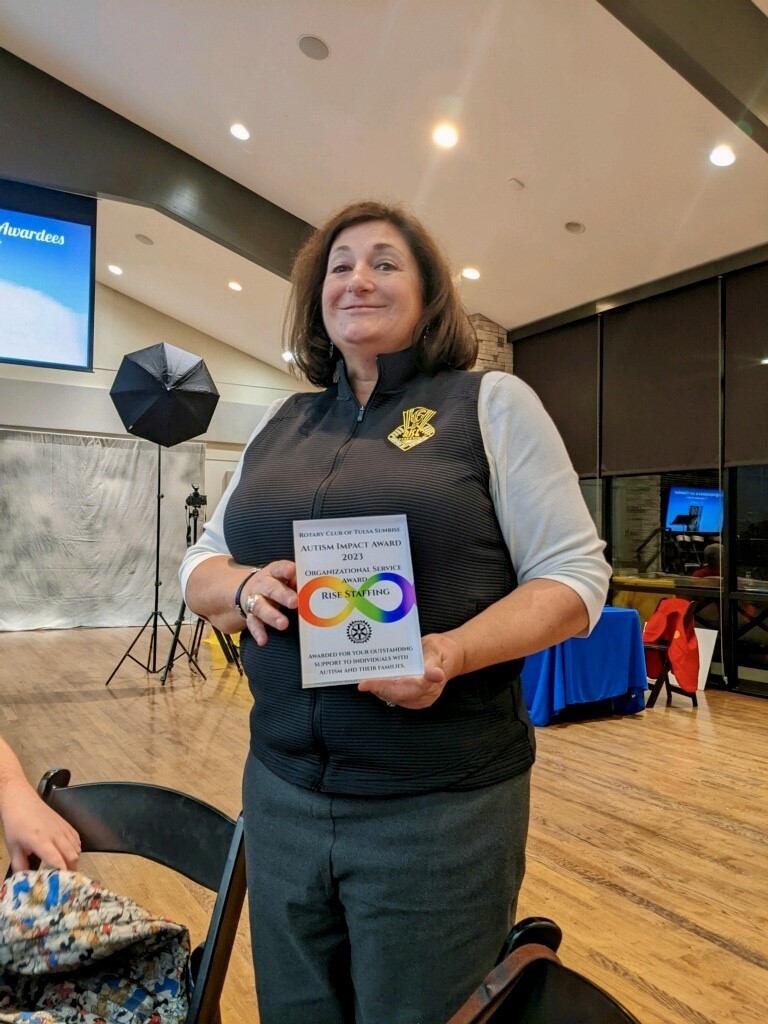
Contact Info:
- Website: https://www.amazon.com/Secrets-Hidden-Workforce-Lisa-Toth/dp/1960810405
- Instagram: https://www.instagram.com/thehiddenworkforce/
- Facebook: https://www.facebook.com/thwshow/
- Youtube: http://www.youtube.com/@TheHiddenWorkforce-4321
- Other: Spotify: https://open.spotify.com/show/6z7n2BBd55ycmhWBn1V68G?si=4c3d0b9154b64236
Image Credits
Headshot: J Hill Photography


